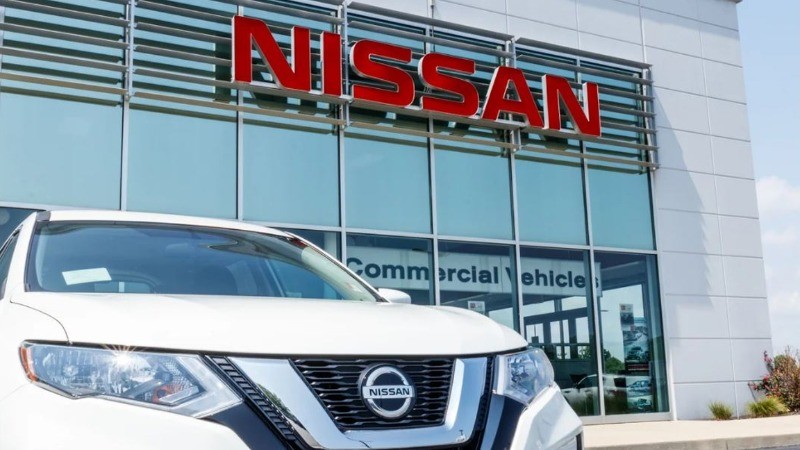
Nissan Motor Company may scale back its plans for expanding electric vehicle (EV) production in the United States after suspending operations at a joint venture plant in Mexico. This move reflects concerns about potential shifts in energy and trade policies under President Donald Trump’s second term.
The timing and output levels for EV production at Nissan’s Canton, Mississippi, plant will largely depend on whether Trump and the Republican-led Congress follow through on proposals to eliminate the USD7,500 federal tax credit and other incentives for EVs, according to Ponz Pandikuthira, Nissan's chief planning officer for the Americas.
“If the USD7,500 credit is withdrawn, we anticipate a slower rate of adoption,” Pandikuthira explained in an interview. “We don’t want to end up manufacturing vehicles that lack market demand.”
Nissan had previously announced plans to produce four new EV models at the Mississippi facility by 2028. However, Pandikuthira revealed that the company could be ready as early as 2027. Despite this, Nissan may slow down the EV rollout and prioritize production of popular gas-electric hybrids, including plug-in models, at its Smyrna, Tennessee, plant.
This cautious approach is part of Nissan’s broader strategy to revitalize its struggling U.S. sales and improve its overall financial performance.
Changes to Infiniti and Mexican Operations
Separately, Nissan has decided to discontinue two Infiniti models—the QX50 and QX55 compact crossovers—by December 2025. These vehicles, which are currently manufactured at a plant in Mexico co-owned with Mercedes-Benz Group AG, have experienced weak demand. Pandikuthira confirmed that there are no plans to scale back or reallocate production at other Mexican facilities that produce models like the Kicks subcompact and Sentra sedan.
The decision follows Trump’s previous threats to impose a 25% tariff on vehicles imported from Mexico and Canada, a move that could impact cross-border automotive sales.
The joint venture plant, Cooperation Manufacturing Plant Aguascalientes (Compas), will continue assembling a Mercedes model until May 2026. However, plans for future vehicle production at the facility remain unclear. “Nissan and Mercedes-Benz regularly review and adapt operations to meet requirements,” said Mark Davidson, the venture’s chief financial officer, in an email.
Potential U.S. Job Cuts
According to a report from Japanese media, Nissan may cut up to 2,000 jobs in the United States this year. By halting some production lines in Tennessee and Mississippi, the company aims to reduce U.S. output by approximately 25%. Nissan spokesperson Shiro Nagai declined to comment on the report, emphasizing that it is not based on any official company announcement.
This follows Nissan’s earlier decision to reduce its global workforce by 9,000 employees and lower production capacity by 20% to address ongoing financial challenges.